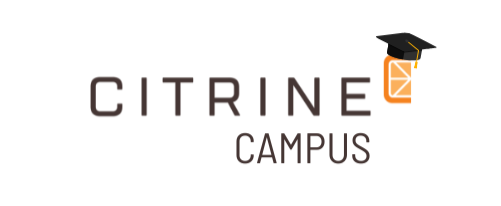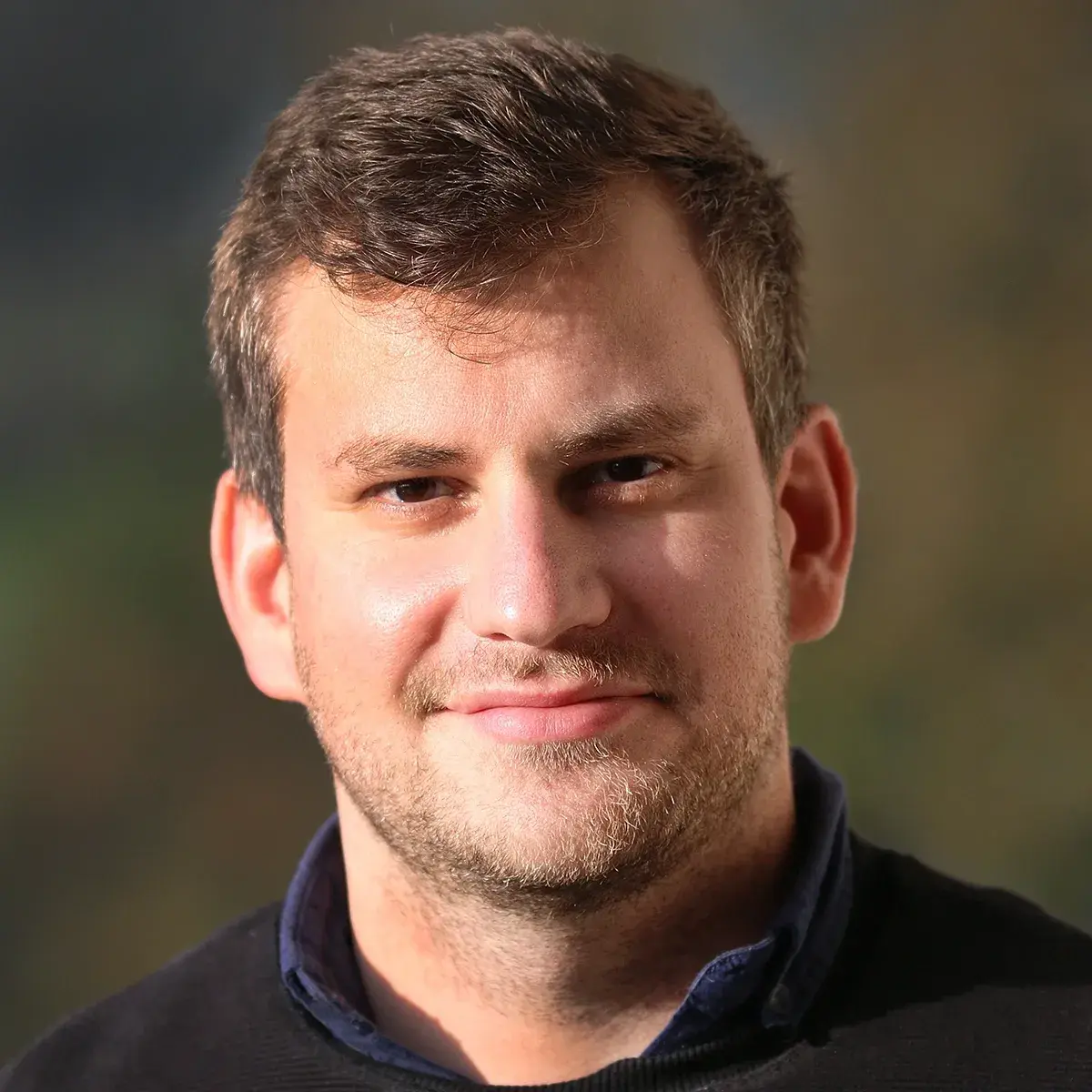Webinar
Empowering the Next Generation
Teaching AI-Driven Materials Science with the Citrine Platform
Oct 16th 2025
11am PT / 2pm ET / 8pm CET

Register
About the webinar
The rapid integration of artificial intelligence and machine learning into materials research is transforming how discoveries are made, and preparing students to thrive in this new landscape is now a priority for educators. This webinar will introduce the Citrine Platform—an intuitive, no-code environment designed to make the full AI/data science workflow accessible to students and faculty in materials science and engineering. We will explore ready-to-use instructional modules, case studies, and exercises that were written by educator Dr. Joel Galos and trialed at Calpoly University. These integrate seamlessly into existing curricula while meeting ABET accreditation requirements.
Feedback from Calpoly student:
-
"this makes me excited for my career"
Feedback from educators that participated at a workshop at ASEE:
- “The flow of the software was very interactive and is easy to implement for teaching.”
- “Very useful for teaching. Will try and incorporate in my class.”
Whether you teach undergraduates or run a graduate-level course, this session will equip you with practical tools to bring AI-driven materials informatics directly into your classroom, both in-person and online.
What You Will Learn:
- How to guide students in building AI models, interpreting results, designing experiments, and selecting optimal candidates for the lab
- See the Citrine Platform and understand how easy it is to create an AI model without writing a single line of code
Who Should Attend:
- Lecturers teaching Materials 101, or AI for Materials
- Heads of Department keen to incorporate AI in the curriculum
Speakers
James E. Saal Ph.D.
Dr. James E. Saal is Senior Director of External Research Programs at Citrine Informatics, where he leads government-funded research initiatives in materials informatics, data infrastructure, and AI-driven materials design. With over 15 years of experience spanning academia, national laboratories, and industry, he has pioneered the integration of machine learning, computational modeling, and experimental design to accelerate materials discovery. Dr. Saal has authored more than 80 peer-reviewed publications, holds multiple patents, and co-edited the book Computational Materials System Design. He is an active leader in the materials community, serving on the ASM International Board of Trustees and as Chair of the TMS Integrated Computational Materials Engineering Committee.

Joel Galos Ph.D.
Dr. Joel Galos is the Lockheed Martin Endowed Assistant Professor of Materials Engineering at California Polytechnic State University (Cal Poly), San Luis Obispo, where he leads instruction and research in the design, selection, analysis, and optimization of engineering materials, particularly polymer composites. Prior to Cal Poly, he served as a Research Fellow at RMIT University in Melbourne, collaborating with Ford Motor Company and CSIRO on lightweight automotive structural materials. He also brings experience from Granta Design (now Ansys Materials), contributing to material selection and data management software development. As an educator, he is passionate about experiential learning through real-world case studies, games, and hands-on projects. His teaching resources—a case in point—are widely adopted by universities worldwide.

